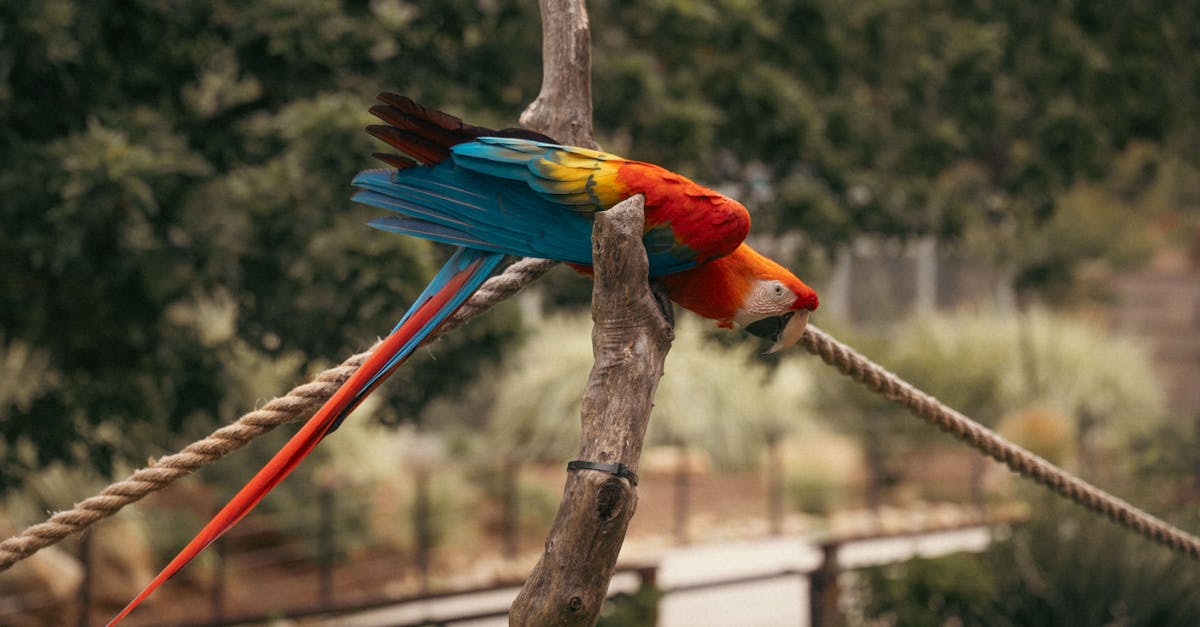Scientists have recently uncovered a rare orchid species deep within the remote Amazon Rainforest. This discovery highlights the incredible biodiversity of the region and underscores the importance of conservation efforts.
The Discovery
The new orchid species was found during an expedition led by a team of botanists. The flower boasts vibrant colors and a unique structure, setting it apart from other known orchids.
- Location: The orchid was discovered in an untouched part of the Amazon Rainforest.
- Features: Its petals exhibit a striking combination of purple and gold hues.
- Significance: This find adds to the growing list of rare species in the region.
Unique Characteristics
This orchid stands out due to its:
- Unusual petal shape: Unlike common orchids, its petals are asymmetrical.
- Fragrance: It emits a subtle, sweet scent, rare among rainforest orchids.
- Adaptations: The plant has evolved to thrive in low-light conditions.
Conservation Challenges
The Amazon Rainforest faces numerous threats, including deforestation and climate change. Protecting this newly discovered orchid is crucial for maintaining biodiversity.
How You Can Help
Supporting conservation organizations and spreading awareness can make a difference. Here are some actionable steps:
- Donate to rainforest conservation funds.
- Reduce your carbon footprint.
- Educate others about the importance of biodiversity.
This rare orchid discovery reminds us of the wonders hidden in the Amazon Rainforest. By taking action, we can help preserve these treasures for future generations. 🎯

